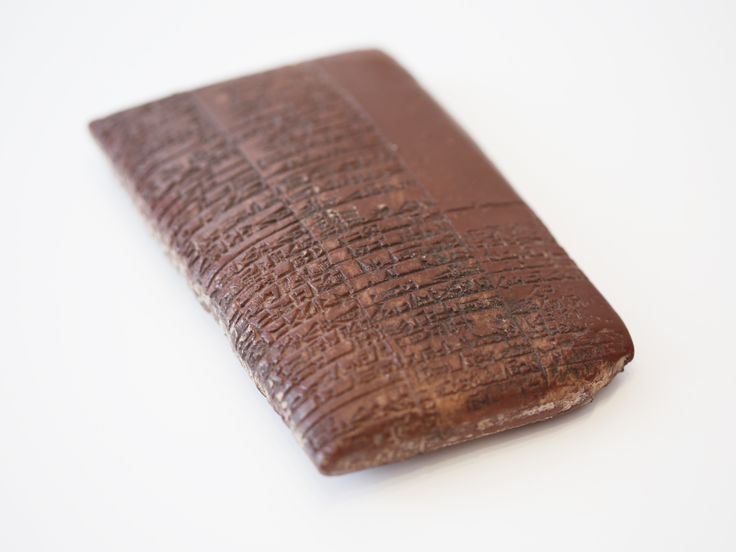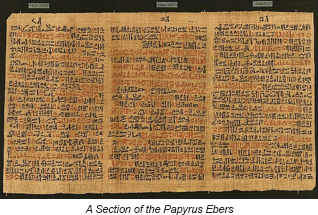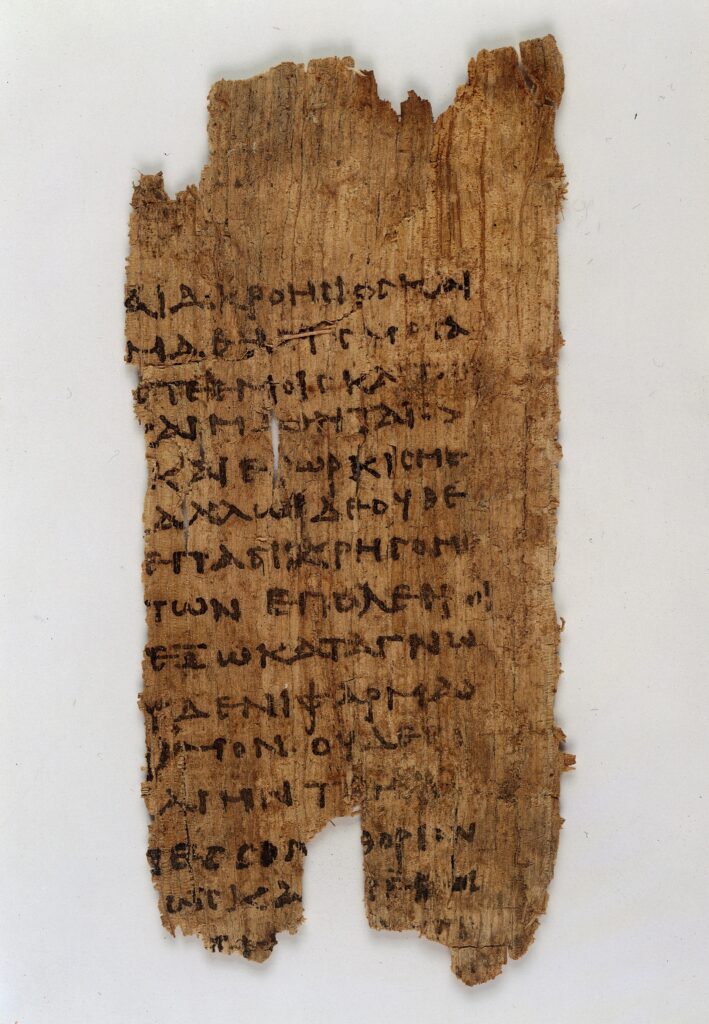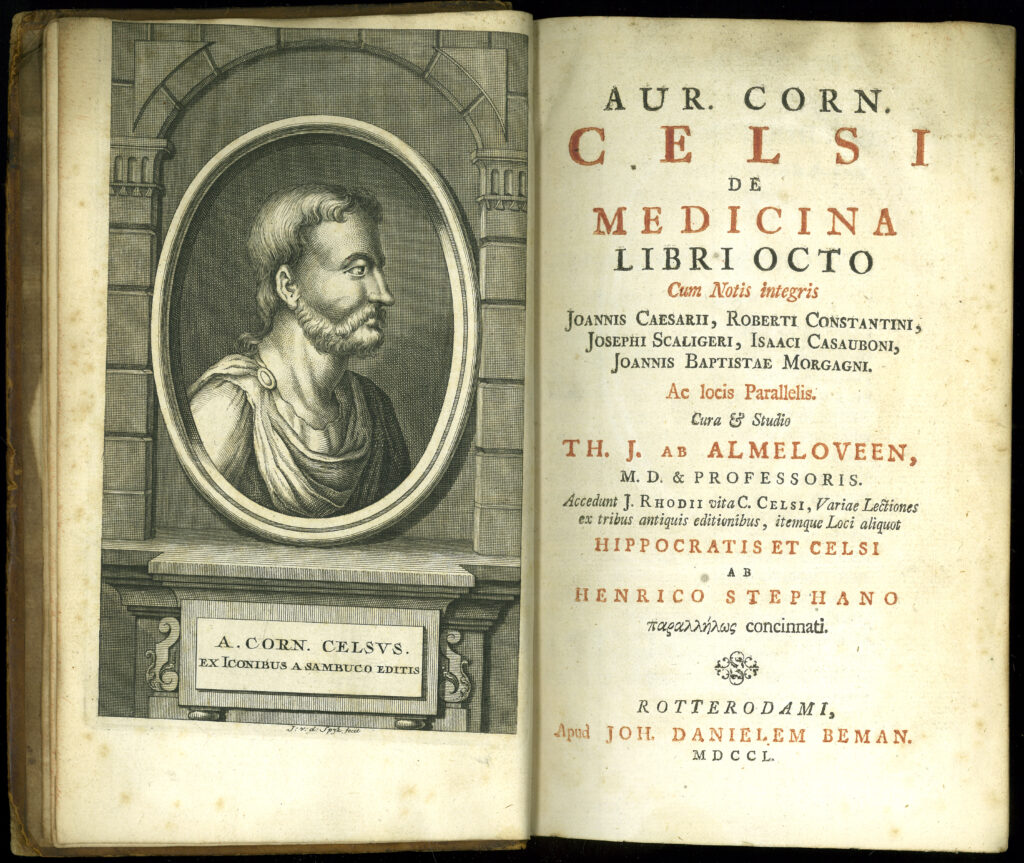
In the past if you had a headache there was no medicine cabinet or running to the pharmacy to get some quick fix medicines. Most remedies were traditional and in some cases made the condition worst. Yet, that is not the case for all ancient civilizations. In fact, the knowledge of ancient medicines dates back all the way to 3,000 BC in the Middle and Near East. Sumerians, Egyptians, Greek and later Romans all added to the ancient knowledge of medicines that was eventually lost for over a 1000 years.
Divine Punishment and Medicines
Early civilization often viewed illness as a divine punishments and the healing as a step necessary in the purification process. As a result, many civilizations linked together medicine and religion. Basically the idea was that if you were afflicted by an illness, you had offended a god; The only way to escape their wrath and regain access to the grace of the gods was through “physical purging”. The word Pharmacy itself is an example of those purging origins. In Greek pharmakon meant “purification through purging”.
Sumerian Catalogue of Ancient Medicines

By the year 3,500 BC, the Sumerians had developed almost all the modern methods we use today when administering medicines. They used gargles, inhalations, suppositories, enemas, poultices, snuffs, decoctions, infusions, pills, troches, lotions, ointments, and plasters. Impressive!
An unknown Sumerian physician around 3,500 BC wrote the first medicine catalogue in cuneiform script on a single clay tablet. On this tablet there are dozens of drugs useful to treat ailments that still afflict us today. Some of the examples included salt dissolved in water for mouth gargles, soured wine for wound disinfectant, potassium nitrate as an astringent, and pulverized willow bark for fever, a natural equivalent of aspirin.
Ancient Egyptian Medicines

The Ebers Papyrus is a scroll dating 1,900 BC that reveals the almost “scientific method” used by some Egyptian Physicians. These early doctors acquired their knowledge through simple and direct trial and error. Thankfully, these “tests” did bring some amazing results. In fact, the Egyptians were the first to use Senna to treat constipation, peppermint and carbonates as antacids, and ethyl alcohol to numb a patient during a tooth extraction!

The Egyptian Ancient Medication Preparation
The Eber scroll provides also a detailed look into the medication preparation process. The “Chief of the prepares of drugs” supervised the “collectors of drugs”, field workers in charge of collecting herbs and minerals. The “preparers aides” dried and pulverized the ingredients giving them to the the Prepares. These specialized “pharmacists” would then use their secret formulas to prepare the medicines to be stored by the “conservators of drugs”.
Greek Ancient Medicines

The Greeks in the seventh century adopted a philosophical and deep view of medicine which connected the mind and the body together. They did treat the ailments of the population but also focused on the supernatural (the mind). The Greek Physicians holistic approach to health also hinted at “mental health”. However, symptoms like depression was interpreted more as a result of the gods cursing the patient.
The Roman Encyclopedia of Ancient Medicines
The Romans borrowed a lot from Greek medicine but also added their own contribution. Roman physicians developed specialized medicine, surgical procedures, medical tools, and established the first hospitals. Romans added new herbs and mixtures to the previously known medicines using among others Fennel, Aloe, Rhubarb, and Liquorice – all substances still used today.
The Discovery of Ancient Medicines

Aulus Cornelius Celsus 2,000 years ago published an encyclopedia of medicine called De Medicina. When Pope Nicolas V rediscovered the eight volumes in the 15th century, the De Medicina Encyclopedia became the first medical book published on the printing press in 1478 AD. The information contained in these volumes proved incredibly valuable and was immediately adopted throughout the western world.
In Greek pharmakon meant “purification through purging”…
Well… not really…
Pharmakon (ΦΑΡΜΑΚΟΝ) in ancient greek means poison and they already had the concept of the dosage making the difference between cure and death.
Comments are closed.